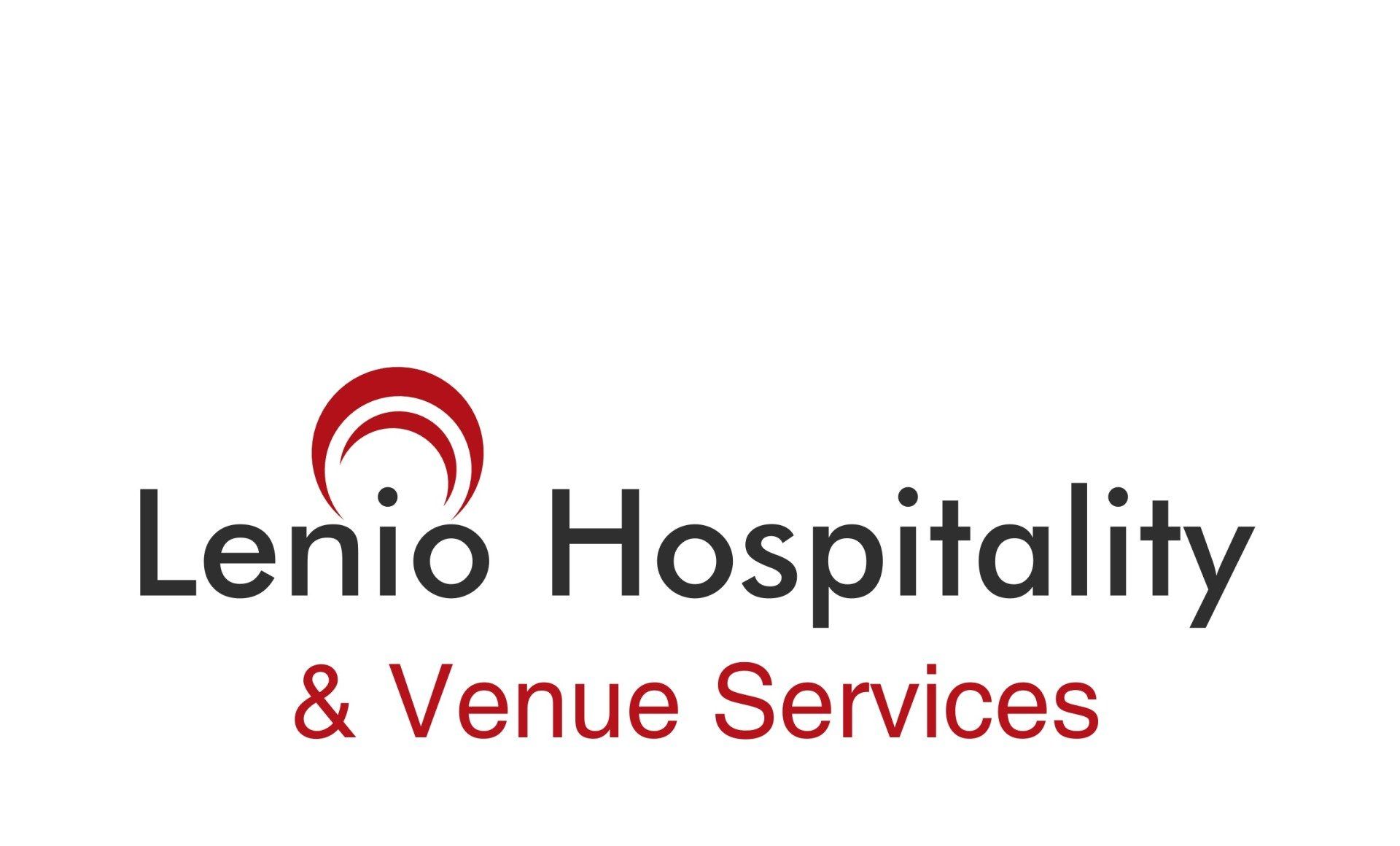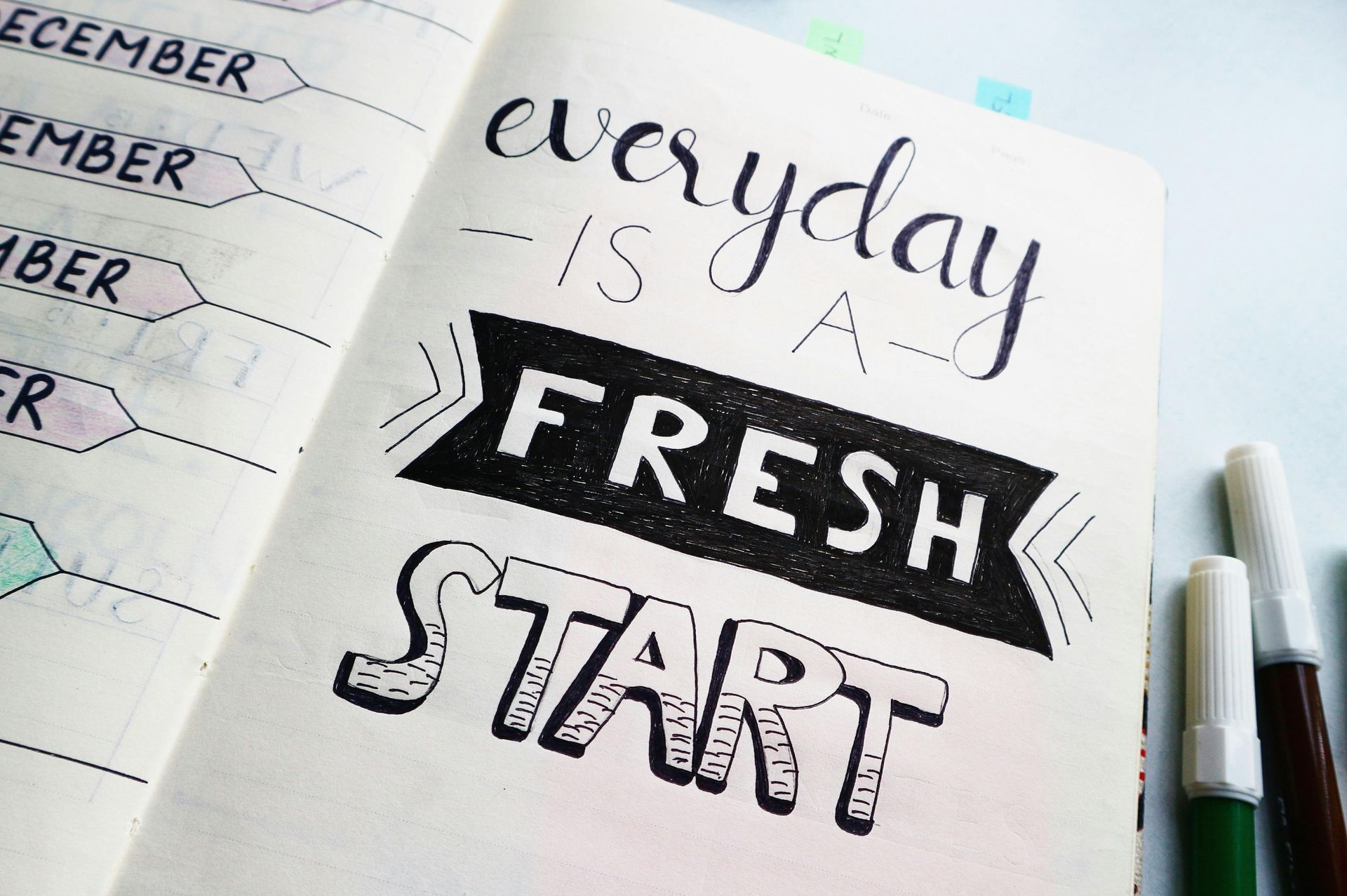5 Key Challenges Event Venues Face (& How to Fix Them)
Tips for successfully addressing challenges in Venue Management

Event venues are crucial to the success of any event. The venue significantly influences the overall event experience by setting the stage for logistics, ambiance, attendee comfort, and interaction. Besides assisting with event planning and helping event organisers bring their ideas and vision to life, event venues must also focus on operating a successful and efficient establishment.
Venue Management remains a competitive business with venues battling for bookings, talent and market share. Like any other business, event venues are impacted and shaped by the same forces redefining organisations and industries worldwide. They face an array of challenges which can impact event planners, attendees, and the venue itself. Overcoming these challenges requires adaptability, creativity, innovation and continuous improvements.
Below, we delve into some of the most pressing challenges that event venues encounter and provide insights into their impact and potential solutions.
Rising Operational Costs
One of the most significant burdens for event venues is the rising cost of operations. Operating costs in business are the expenses necessary to maintain, operate and run the venue. From utilities and staffing to maintenance and technology upgrades, the expenses required to keep a venue running smoothly have steadily increased. Energy costs in particular, pose a challenge, as venues often require extensive lighting, heating, cooling, and sound equipment. Additionally, hiring skilled personnel for event management, security, and technical support adds to the financial strain.
In addition to the financial and customer service benefits, reducing energy consumption also offers social and environmental advantages. About two decades ago, while managing a small venue in London, we implemented sustainability measures that included replacing light bulbs with LEDs. This change resulted in a significant reduction in our energy usage by over 40%. Consequently, we were motivated to examine other utility costs and implement an energy efficiency program in conjunction with our other sustainable initiatives. You will find some more energy saving tips in this article by the World Sustainable Hospitality Alliance.
Potential solutions:
· Investing in energy-efficient technology to reduce utility bills.
· Review operations and workflow, particularly in high-volume activities, and removing redundant or duplicated efforts in work methods to improve efficiency and cost-effectiveness.
· Using flexible staffing models to adapt to varying levels of demand.
Seasonal Demand and Revenue Volatility
Many event venues experience fluctuations in demand depending on the season. For example, venues with great outdoor spaces may see peaks during spring and summer, while those with mainly indoor facilities might have a lull during those seasons. This seasonal nature creates uncertainty and complicates revenue forecasting, making it difficult for venues to maintain consistent financial health.
To address off-season lulls, venues can diversify their product and service offerings and create their own in-house events to attract potential clients. During the low season, some venues may use this time to conduct necessary upgrades and refurbishments to enhance their facilities for future clients.
Potential solutions:
· Diversifying services to appeal to different clientele year-round.
· Adopt and implement effective diary management tools and techniques.
· Hosting off-season promotions to attract bookings during quieter periods.
· Building relationships with new client segment for steady business.
Technology Integration and Upgrades
As technology evolves, the expectations of event attendees grow correspondingly. Today’s top-class events often require advanced audiovisual setups, virtual streaming capabilities, and interactive features. Venues that fail to meet these expectations risk losing clients to competitors who offer cutting-edge solutions. However, keeping up with technological advancements often involves expensive upgrades and training for staff.
From event and venue management software to intelligent CRM systems, contactless solutions, the use of technology, digitisation and digitalisation, can help venues become more efficient and enhance visitor and customer experiences. Technology is widely recognised as an enabler, yet it remains challenging to accurately understand how, when, and how to apply them. Many in the events industry are still not realising the full benefits of their investment in technology. According to the 2025 Global Forecast from Amex GBT Meetings and Events, costs remain the biggest challenge to technology deployment, followed by lack of support, complicated user experience, integration, lack of buy-in from leadership, and too many providers.
Potential solutions:
· Prioritising scalable technology investments that can be upgraded incrementally.
· Partnering with tech providers to access equipment and expertise.
· Offering training programmes to ensure staff can operate new technologies effectively.
Competition in a Saturated Market
The proliferation of event venues has led to intense competition across the industry. From boutique spaces to large-scale arenas, operators must work harder than ever to differentiate themselves. Clients often seek venues that offer unique aesthetics, memorable experiences, and high levels of customisation. Whether it’s a rural barn or a high-tech modern convention centre, the pressure to stand out is palpable.
Potential solutions:
· Focusing on niche markets or specialised event types.
· Investing in distinctive architectural or design features.
· Enhancing customer service to build loyalty and repeat business.
· Tailor your marketing efforts to reach the right clients effectively, once you’ve identified your target audience.
· Competitive pricing strategy – offer competitive pricing structures that align with your offerings and budgets of your target market.
Health and Safety Regulations
In today's world, the importance of prioritising customer safety and security cannot be overstated. With a global focus on health and safety, venues are required to adhere to an increasing number of regulations. These range from fire safety protocols to stringent sanitation standards, encompassing a comprehensive list of compliance requirements. The COVID-19 pandemic has underscored the critical nature of health precautions, leading to the implementation of measures such as enhanced cleaning procedures, and advanced air filtration systems.
· Developing a robust health and safety plan tailored to the venue.
· Keeping up to date with regulation changes to ensure compliance.
· Communicating safety measures clearly to clients, planners and attendees.
Environmental Sustainability
As awareness about climate change grows, venues are under increasing pressure to adopt sustainable practices. From waste management to energy consumption, clients and attendees often scrutinise the environmental impact of their chosen venues. Balancing sustainability with affordability, however, remains a daunting task.
· Implementing recycling programmes and work collaboratively with event planners on this issue.
· Using renewable energy sources where possible.
· Promoting sustainable practices as key selling points in marketing efforts.
Summary
Event venues are far more than just spaces; they are dynamic ecosystems that bring people together for memorable experiences. However, the road to creating these experiences is fraught with challenges, from financial pressures to evolving client demands. By addressing these obstacles creatively, venues can position themselves as indispensable players in the event industry, ready to face the future with confidence and purpose.
If you'd like more personalised advice or need help implementing any of these solutions, please feel free to CONTACT US. At Lenio Hospitality, we help venues thrive.




